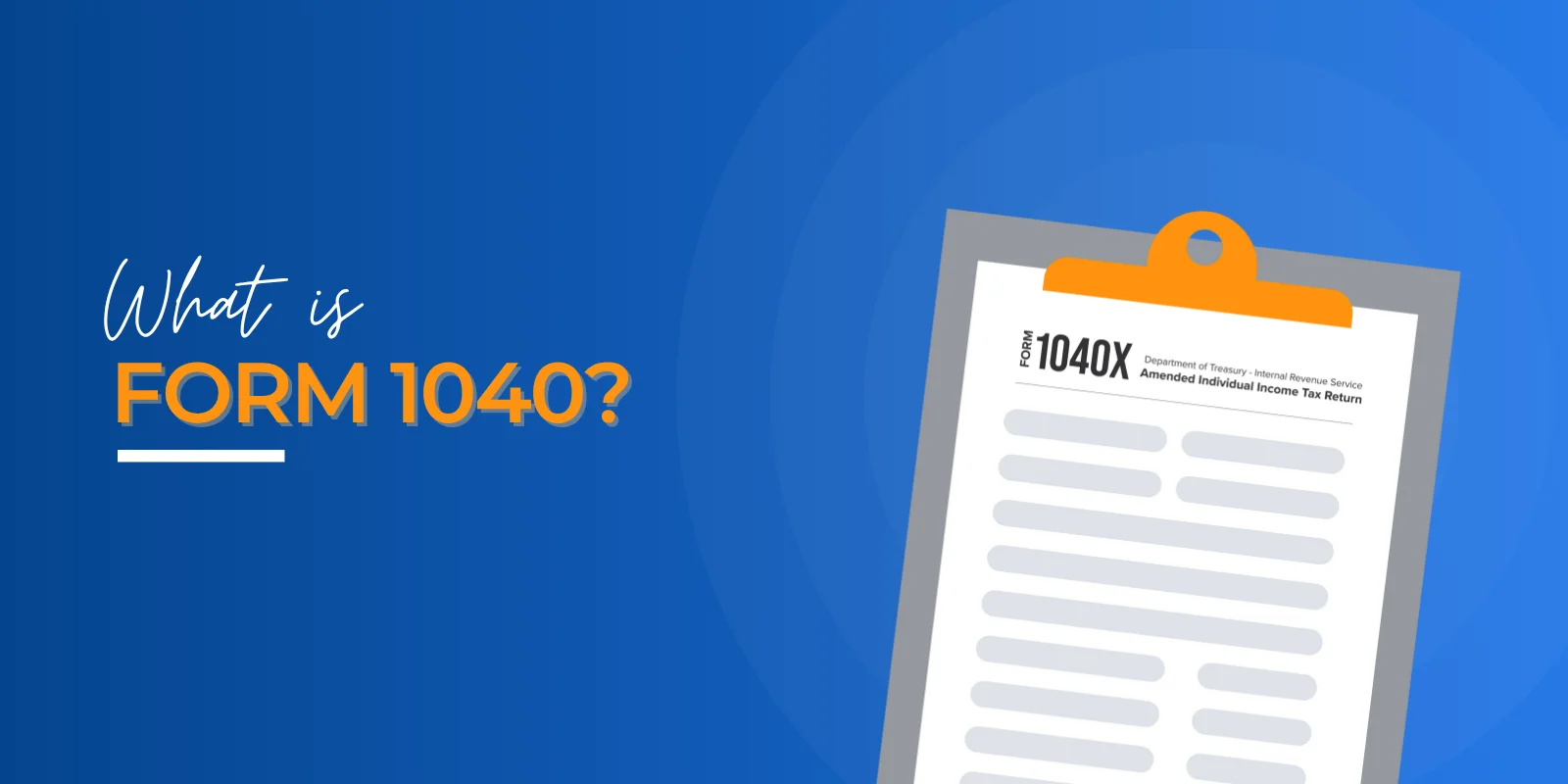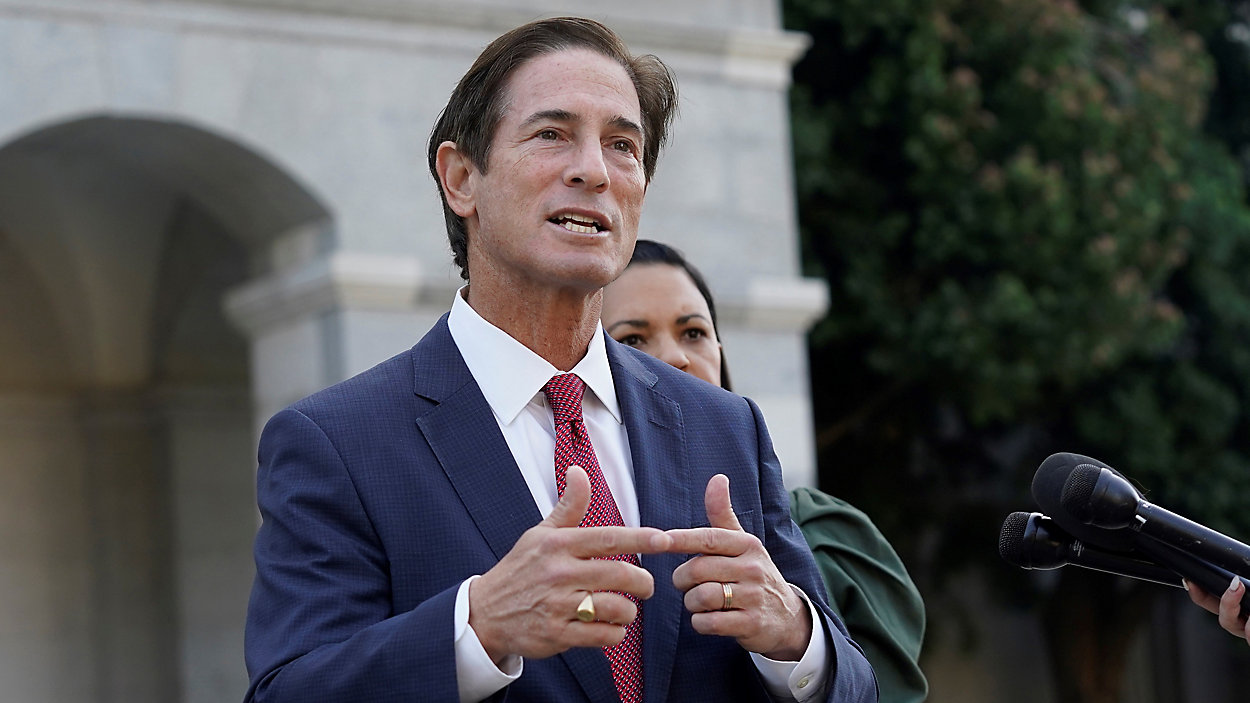On 1 June, Polish voters will head to the polls to vote in the second round of the presidential election. Between Russia’s war in Ukraine, President Trump’s uncertain policies towards Europe, and Poland’s attempt to increase domestic defense capabilities, raising revenue has become one of the most critical topics in the campaign.
Poland’s economy is projected to grow at 3.5 percent in 2025 and 3.3 percent in 2026, according to the IMF forecast. However, the question for the presidential candidates is how the government can more efficiently raise revenue without negatively affecting this economic growth. Given its poor rank in TaxA tax is a mandatory payment or charge collected by local, state, and national governments from individuals or businesses to cover the costs of general government services, goods, and activities.
Foundation’s International Tax Competitiveness Index (31st out of 38 OECD countries), the answer for Polish policymakers is to follow the principles of sound tax policy and make the tax code simpler, more neutral, and friendlier towards investment.
Why Is Poland Ranked 31st?
Poland’s ranking in the Index reflects a range of structural challenges across multiple areas of its tax system. These include a narrow VAT base weakened by numerous exemptions and a relatively high turnover threshold, an uncompetitive business tax regime, and a set of distortive capital and transaction taxes. Additionally, the coexistence of multiple parallel tax systems for corporate and personal income makes the system more complex and opens the door for arbitrage and aggressive tax planning. This creates substantial economic costs and undermines its revenue potential.
Poland ranks second-to-last (37th) in the consumption taxA consumption tax is typically levied on the purchase of goods or services and is paid directly or indirectly by the consumer in the form of retail sales taxes, excise taxes, tariffs, value-added taxes (VAT), or an income tax where all savings is tax-deductible.
category of the Index. Although its 23 percent standard value-added tax (VAT) rate is not unusually high, it applies to a relatively narrow tax baseThe tax base is the total amount of income, property, assets, consumption, transactions, or other economic activity subject to taxation by a tax authority. A narrow tax base is non-neutral and inefficient. A broad tax base reduces tax administration costs and allows more revenue to be raised at lower rates.
, covering just 46 percent of final consumption. This results primarily from policies that erode the VAT base through numerous exemptions and reduced rates that distort consumption choices.
In the property taxA property tax is primarily levied on immovable property like land and buildings, as well as on tangible personal property that is movable, like vehicles and equipment. Property taxes are the single largest source of state and local revenue in the U.S. and help fund schools, roads, police, and other services.
category of the Index, Poland ranks 30th among the 38 OECD countries, largely due to a range of distortive taxes on business assets and transactions. These taxes directly increase the cost of capital and discourage investment. Capital duties, which tax increases in capital shares at 0.5 percent, directly reduce the funds available for reinvestment. Poland’s bank tax subjects their assets to a levy of 0.44 percent, reducing credit volumes. Additionally, the property transfer tax, levied at rates of 2 and 6 percent, and the 1 percent civil law transaction tax, levied on some securities transactions, decrease market liquidity and capital investment—especially since investment expenditures are not deductible from the respective tax bases. Relative to their economic costs, these taxes tend to generate little revenue, which is why many OECD countries have eliminated them.
Corporate income taxes are among the most harmful taxes to economic growth. Poland ranks within the top third (12th) in the Index, largely due to its below-average corporate tax rate of 19 percent. However, the Polish system fails in key areas important to investment: the ability of firms to offset losses against taxable incomeTaxable income is the amount of income subject to tax, after deductions and exemptions. For both individuals and corporations, taxable income differs from—and is less than—gross income.
is among the most restricted in the OECD, and depreciationDepreciation is a measurement of the “useful life” of a business asset, such as machinery or a factory, to determine the multiyear period over which the cost of that asset can be deducted from taxable income. Instead of allowing businesses to deduct the cost of investments immediately (i.e., full expensing), depreciation requires deductions to be taken over time, reducing their value and discouraging investment.
schedules allow companies to recover a small share of their investment costs. For example, Polish businesses can only write off 33.8 percent of the cost of industrial buildings in real terms, compared to the OECD average of 47.2 percent. Additionally, the reduced corporate income taxA corporate income tax (CIT) is levied by federal and state governments on business profits. Many companies are not subject to the CIT because they are taxed as pass-through businesses, with income reportable under the individual income tax.
(CIT) rate for firms with turnover below EUR 2 million creates a steep tax cliff. Once businesses exceed this threshold, their statutory and average tax rates more than double, discouraging expansion and encouraging firms to limit their growth to remain below the cutoff.
Taken together, Poland’s low ranking in the Index reflects structural weaknesses across nearly all areas of its tax system. The next president should address these weaknesses through comprehensive reform efforts to strengthen Poland’s competitiveness and lay a stronger foundation for long-term economic growth.
What Have the Presidential Candidates Proposed?
Rafal Trzaskowski, a member of the Civic Platform party, proposes the introduction of a tax settlement agreement meant to support entrepreneurs in financial crisis by allowing for flexible negotiations of tax liability repayments with a tax office. He also speaks for the presumption of taxpayers’ innocence in proceedings conducted by the tax authority and increasing the number of general tax interpretations issued by the Ministry of Finance.
Karol Nawrocki, a nonpartisan candidate endorsed by the Law and Justice party, proposes a 17 percent increase in the first personal income tax (PIT) bracket threshold, from PLN 120,000 (EUR 28,570) to PLN 140,000 (EUR 33,330), combined with an exemption of income up to PLN 140,000 for individuals with two or more children. Estimates suggest this reform would result in a static revenue loss of PLN 15.9 billion (EUR 3.8 billion) annually. Although Poland is facing real demographic challenges, it’s unclear to what extent tax policy can (or should) be used to achieve these goals.
Before Sławomir Mentzen, a member of the Confederation Freedom and Independence party, was eliminated from the presidential race, he proposed removing the second PIT bracket of 32 percent and increasing the basic PIT allowance by 80 percent. He also proposed exempting pensions from personal income tax. Despite not making it to the second round, it is important to note Mr. Mentzen’s proposals in the broader political debate.
What Is Missing from These Proposals?
Due to the changing geopolitical climate, the need for increased government spending on capital-intensive projects like defense or energy infrastructure is understandable. However, private sector investment in these projects is just as important. Reforming the tax code to be simpler and more neutral towards investment is critical.
Full expensing alleviates a bias in the tax code by allowing businesses to immediately deduct the full cost of certain investments in new or improved technology, equipment, or buildings. In Poland, full expensingFull expensing allows businesses to immediately deduct the full cost of certain investments in new or improved technology, equipment, or buildings. It alleviates a bias in the tax code and incentivizes companies to invest more, which, in the long run, raises worker productivity, boosts wages, and creates more jobs.
only applies to selected asset categories and is subject to additional conditions regarding asset value or the taxpayer’s status. Generally, investment expenditures are written off over a period of several years or even decades. Poland ranks 32nd among OECD countries in terms of recovery of machinery costs, and 30th in terms of recovery of industrial building costs. In present value terms, businesses in Poland can only write off 74 percent of the costs of machinery, 34 percent of the costs of industrial buildings, and 87 percent of the costs of intangibles, compared to European averages of 86, 51, and 82 percent, respectively. This would reduce the cost of capital, encourage greater capital formation, and increase productivity, wages, and output.
Not Punishing Corporate Risk-Taking
Policymakers should create a more favorable environment for loss offsetting. Currently, Poland has one of the most restrictive loss-offset provisions in Europe. Although businesses are allowed to offset losses immediately up to a limit of PLN 5 million (approximately EUR 1.2 million) per year, the carryforward of the NOLs exceeding this threshold is capped and limited in time. The five-year loss carryforward period is short by international standards and prevents many firms from effectively deducting all accumulated losses. Moreover, loss carryback is not permitted, and losses from operating activity cannot be offset against capital income. A domestic minimum tax is also levied on loss-making and low-profitability companies. This discourages corporate risk-taking, particularly among investment-intensive, newly established, and larger enterprises. Additionally, the current provisions disproportionately penalize firms operating in low-margin industries. Allowing for more generous loss carryovers would provide a liquidity cushion when business profits fluctuate over time. Moreover, it would incentivize investment activity and expansion decisions, both of which are essential for sustaining economic growth.
Removing Tax Incentives
Numerous tax incentives have been introduced with the intention of fostering investment and innovation—such as relief for business expansion, automation, prototyping, research and development, and intellectual property. However, the effectiveness of these measures in promoting innovation is questionable. Adding to the complexity, the reduced CIT rate of 9 percent for firms with revenues below EUR 2 million penalizes firm growth as exceeding the threshold leads to a sharp increase in the tax burden. Rather than relying on tax incentives for innovation and investment, a more investment-friendly environment could be achieved by adopting principled tax policy.
Tackling the Actionable VAT Policy Gap
The VAT is the most significant source of tax revenue in Poland, accounting for 20.9 percent of total tax revenue, compared to the EU average of 18.3 percent. However, actual VAT collections fall considerably short of their potential. This is due to the largest actionable policy gap in the EU, costing Poland annual revenue losses of PLN 283 billion. Poland also applies the fifth-highest VAT registration threshold in the OECD when measured in terms of purchasing power parity—set at an annual turnover of USD-PPP 106,000 (PLN 200,000), more than double the OECD average. Such high thresholds not only lead to significant foregone revenue but also create sharp tax cliffs that discourage business growth. Therefore, policymakers should focus on improving the efficiency of the VAT system to generate much-needed revenue.
Conclusion
The next Polish president will need to work with parliament to find ways to efficiently increase revenue without significantly harming economic growth. In an increasingly dangerous geopolitical environment, following the principles of sound tax policy is a safe place to start.
Stay informed on the tax policies impacting you.
Subscribe to get insights from our trusted experts delivered straight to your inbox.
Subscribe
Share this article




























